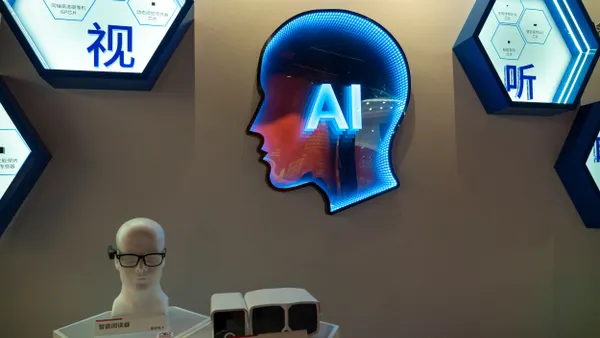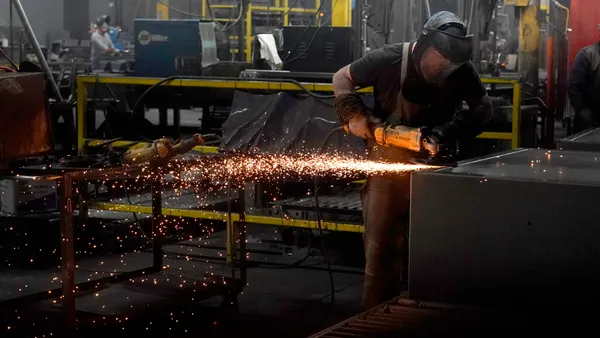Dive Brief:
- The California House of Representatives has passed a bill seeking to codify the independent worker test established by the state Supreme Court's 2018 ruling, Dynamex Operations West, Inc. v. The Superior Court of Los Angeles County. The law still must be approved by the California Senate.
- According Dynamex, all workers are considered employees unless they meet all three of the conditions cited in the test. The worker must be free of control and direction of the employer for performance and the work; they must perform work that is outside the normal business of the employer; and they must be part of an independently established trade, occupation or business.
- The bill would codify this test but also exempt certain professions, instead subjecting them to the test adopted in S. G. Borello & Sons, Inc. v. Department of Industrial Relations, the bill said. The exempt professions would include, among others, insurance agents, certain healthcare professionals and real estate licensees.
Dive Insight:
While there is no guarantee the bill will become law, employers may be rethinking the status of their independent contractors in advance of any change, just as attorneys advised them to do when the court issued its Dynamex ruling.
In fact, employers throughout the country may need to review how their state and local governments determine independent contractor status, especially as changes are made and legislation develops on the subject.
Uncertainty remains at the federal level, too, as the U.S. Department of Labor rescinded, without replacing, Obama-era guidance on the topic. In a recent opinion letter, however, the agency opined that service providers working for an unnamed virtual marketplace comp; any were independent contractors, not employees. The letter may shed some light on the department's thinking: Morgan Lewis Partner Susan Harthill told HR Dive at the time that it appears DOL will continue to rely on employment law designed for a more traditional workplace, at least under this administration. "What stands out is the application of the traditional FLSA economic realities test to the so-called gig economy or sharing economy," Harthill said. "It's the same test that has been in existence for a long time and it applies it to the gig economy."












